Insurance
affordable Harley Davidson insurance, best insurance for Harley Davidson, Harley Davidson custom bike insurance, Harley Davidson insurance coverage, Harley Davidson insurance policy, Harley Davidson insurance quotes, Harley Davidson insurance rates, Harley Davidson motorcycle insurance, Harley Davidson rider insurance, Harley Davidson theft insurance
Fox News
Harley Davidson Insurance: Protecting Your Ride and Your Wallet
As a Harley Davidson owner, you know that your bike is more than just a mode of transportation – it’s a symbol of freedom, adventure, and a way of life. But with great freedom comes great responsibility, and that includes protecting your investment with the right insurance coverage. In this article, we’ll explore the world of Harley Davidson insurance, including the types of policies available, the benefits of coverage, and how to choose the right policy for your needs.
Table of Contents
What is Harley Davidson Insurance?
Harley-Davidson insurance is a type of motorcycle insurance that is specifically designed to protect Harley-Davidson owners from financial losses in the event of an accident, theft, or other unexpected events. This type of insurance can provide coverage for a variety of risks, including:
- Accident coverage: This type of coverage can help pay for medical expenses, repair or replacement of your bike, and other related costs if you’re involved in an accident.
- Theft coverage: If your bike is stolen, this type of coverage can help you recover the value of your bike.
- Comprehensive coverage: This type of coverage can help pay for damages to your bike that are not related to an accident, such as vandalism or natural disasters.
- Liability coverage: This type of coverage can help protect you from financial losses if you’re involved in an accident and are found to be at fault.
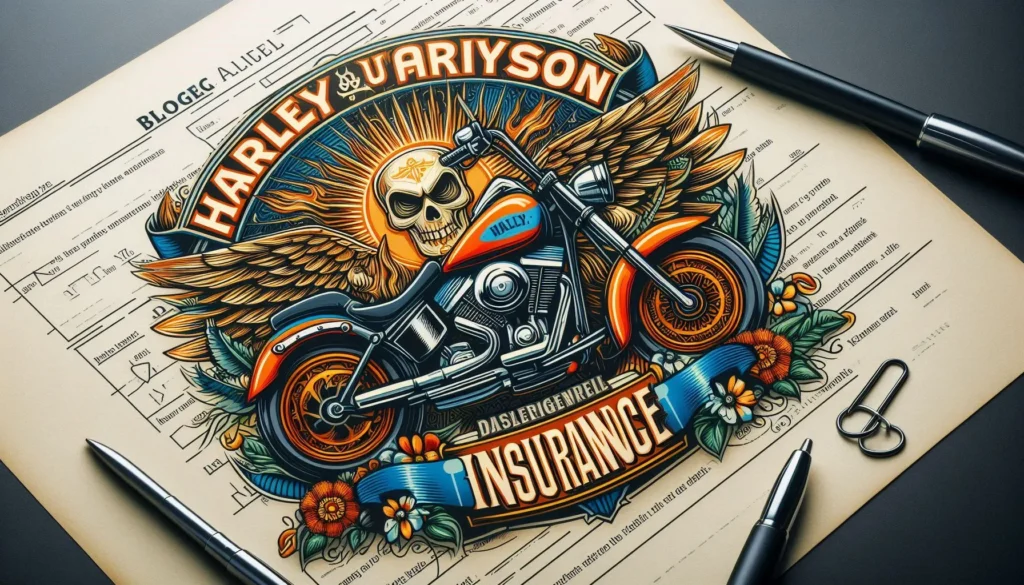
Types of Harley Davidson Insurance Policies
There are several types of Harley-Davidson insurance policies available, including:
- Basic coverage: This type of policy provides the minimum amount of coverage required by law and is usually the most affordable option.
- Standard coverage: This type of policy provides more comprehensive coverage than basic coverage and is a good option for riders who want to protect their investment.
- Custom coverage: This type of policy provides customized coverage that is tailored to your specific needs and is usually the most expensive option.
- Classic coverage: This type of policy provides coverage for classic Harley-Davidson bikes and is usually the most expensive option.
Benefits of Harley Davidson Insurance
There are several benefits to having Harley-Davidson insurance, including:
- Financial protection: This type of insurance can help protect you from financial losses in the event of an accident or other unexpected events.
- Peace of mind: Knowing that you have the right insurance coverage can give you peace of mind and allow you to enjoy your bike without worrying about the financial implications of an accident.
- Customization: Many insurance companies offer customized policies that can be tailored to your specific needs and preferences.
- Discounts: Many insurance companies offer discounts for riders who have a good driving record, take a motorcycle safety course, or have other qualifying factors.
How to Choose the Right Harley Davidson Insurance Policy
Choosing the right Harley-Davidson insurance policy can be a daunting task, but here are some tips to help you make the right decision:
- Determine your budget: Before you start shopping for insurance, determine how much you can afford to pay each month.
- Research different insurance companies: Research different insurance companies and compare their policies, prices, and customer service.
- Read reviews: Read reviews from other riders to get a sense of the company’s reputation and customer service.
- Ask questions: Don’t be afraid to ask questions and get clarification on any terms or conditions that you don’t understand.

Conclusion for Harley Davidson Insurance
Harley-Davidson insurance is an essential part of owning a Harley-Davidson bike. It can provide financial protection, peace of mind, and customization options that are tailored to your specific needs and preferences. By choosing the right policy and working with a reputable insurance company, you can enjoy your bike without worrying about the financial implications of an accident or other unexpected events.
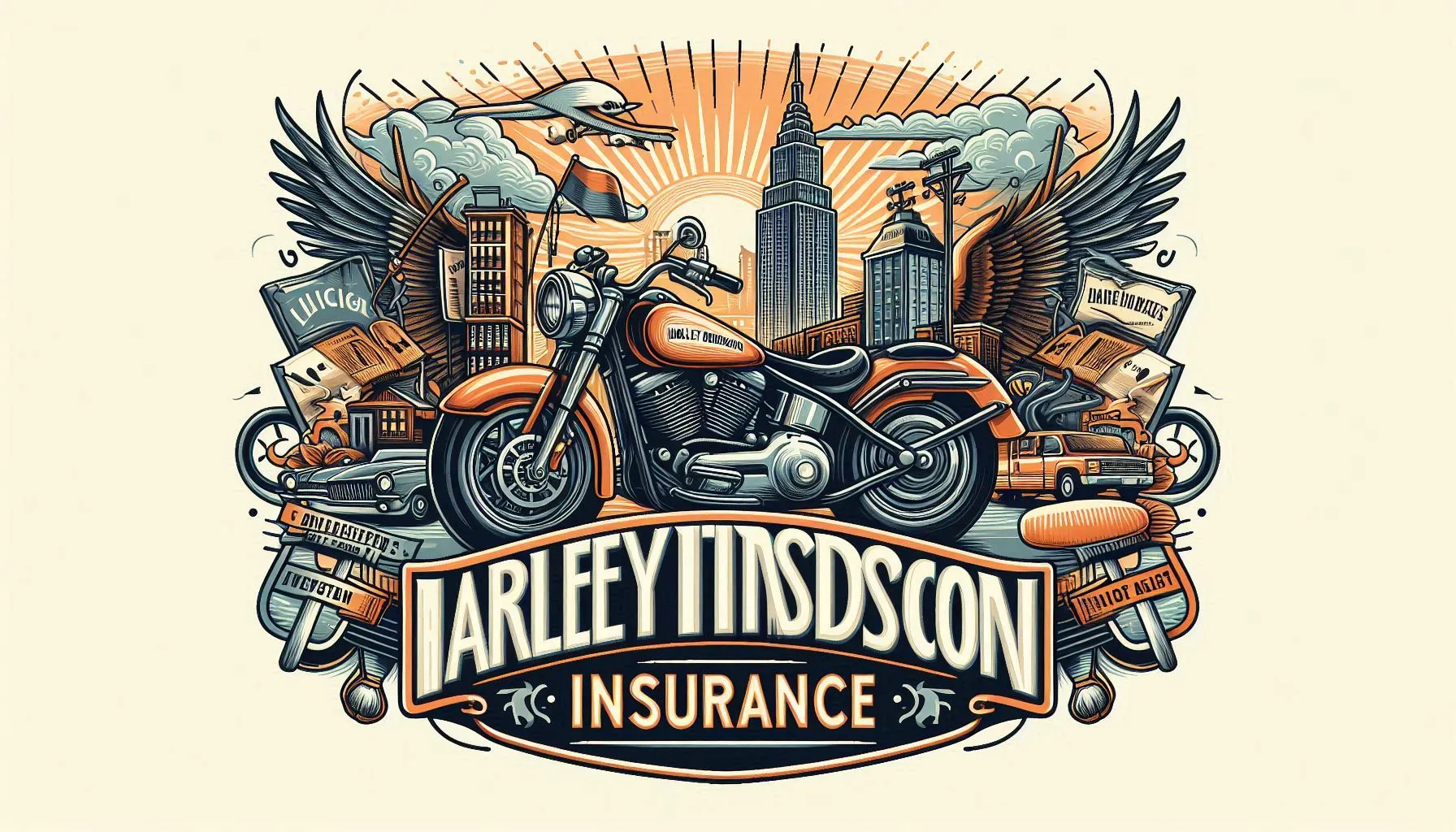


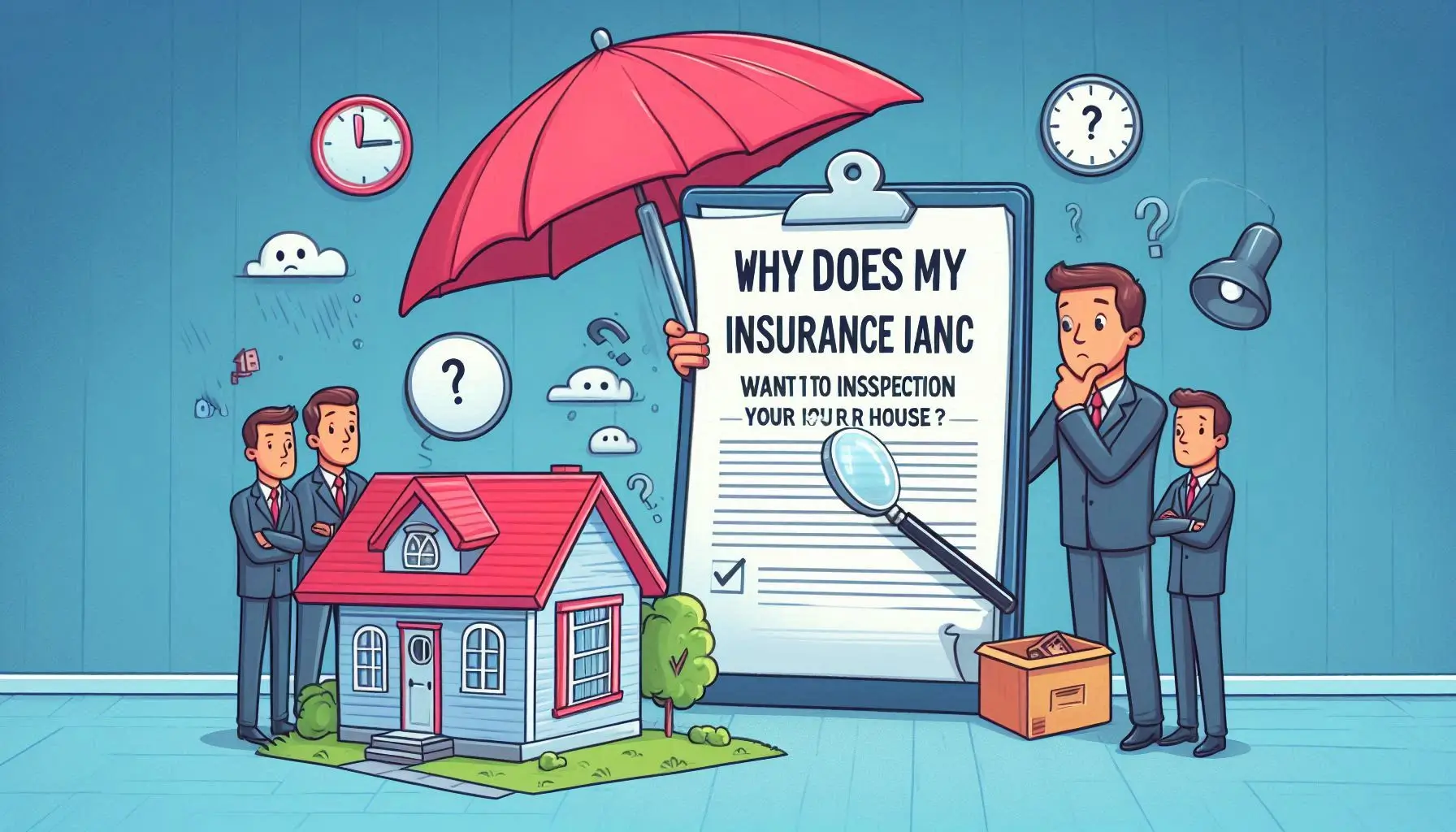
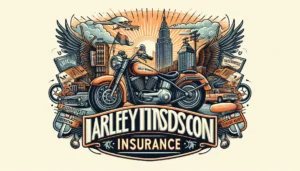

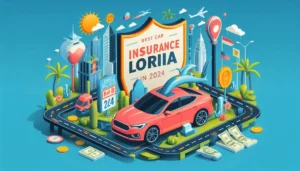
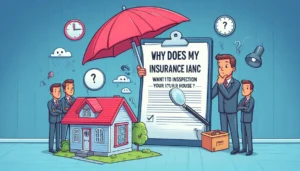
Post Comment